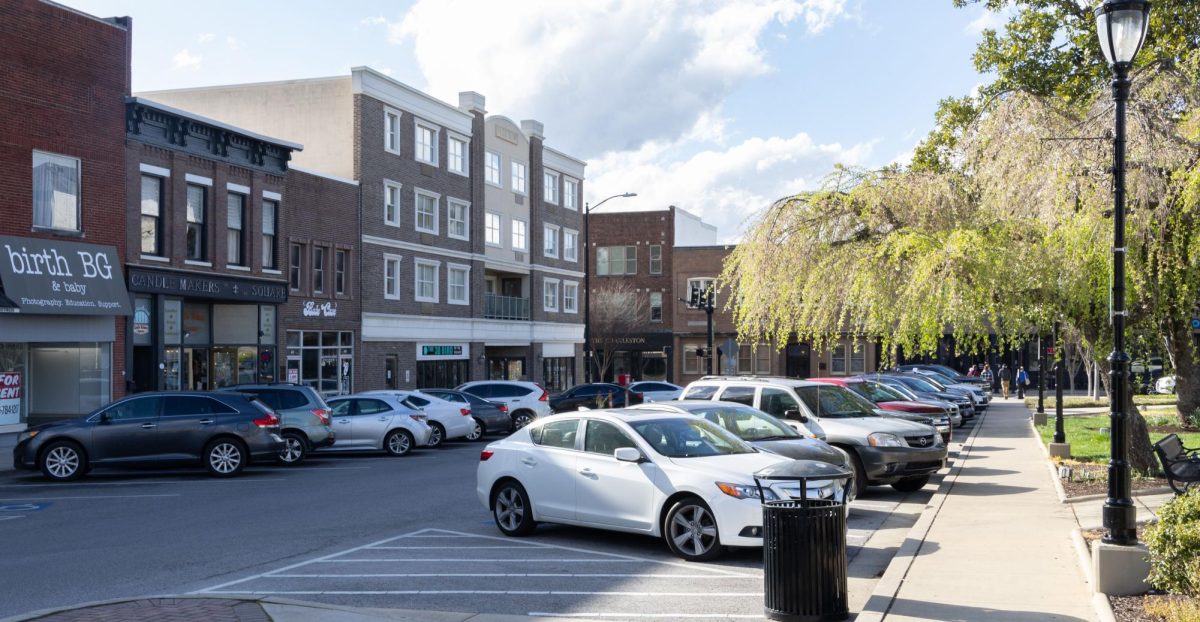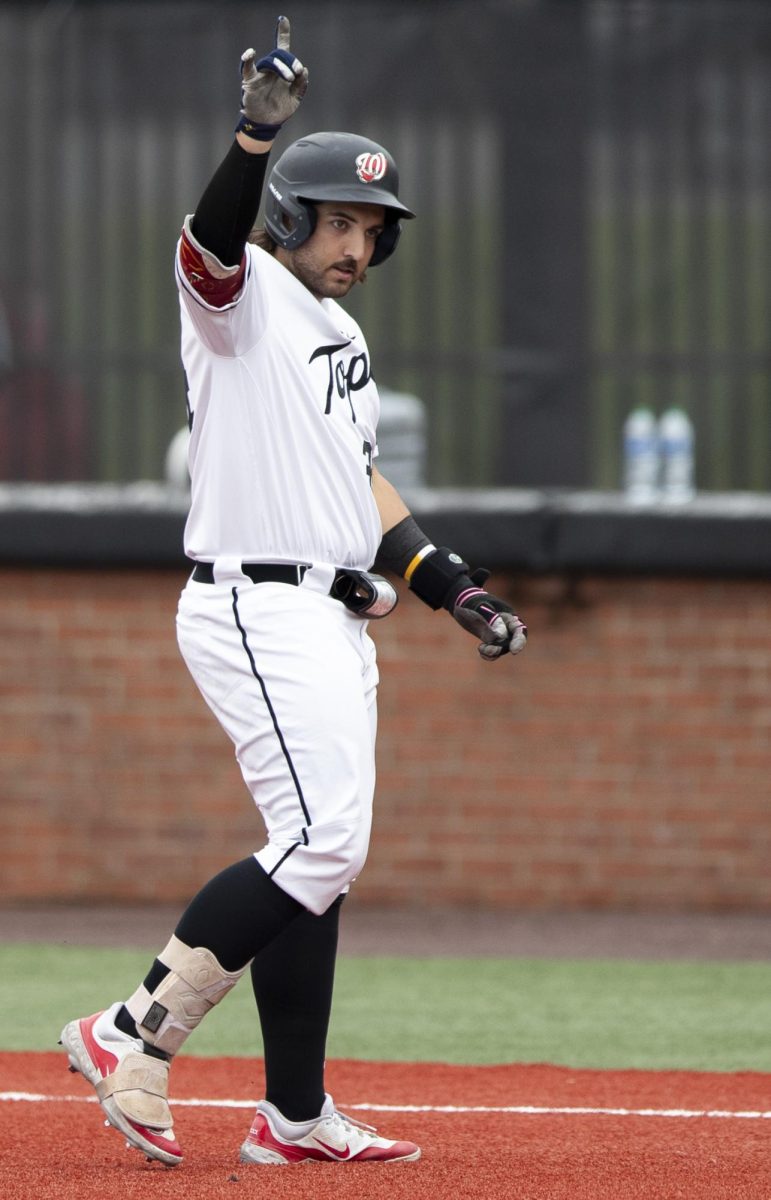The Peace Keepers
January 30, 2003
Thirty-one years ago Frank and Carol Kersting made a decision that would change their lives forever.
It was a decision that involved an investment of their time and a commitment of journeying to a foreign land to aid in the cause of peace.
Thirty-one years ago, they made that investment, that commitment and that journey, together.
Kersting and his wife decided to join the U.S. Peace Corps in 1972 and served until 1975.
Now, Frank Kersting, special instructional program professor at Western, looks back on that decision he and his wife made and remembers what inspired it.
After he determined his high draft number would keep him from going to the Vietnam War, “I felt I still owed something to the country,” Kersting said.
He and his wife were stationed in South Korea where Kersting headed up a speech and hearing clinic at a Presbyterian hospital while his wife worked as a public health nurse.
“It changes your life forever,” Kersting said. “You receive more than you give. It changed my life forever.
During their three-year service, the two lived in a one-room living space.
“Any house we have in America is like a palace,” Kersting said.
How it all began
In 1960, at the University of Michigan in Ann Arbor, Mich., the campaigning presidential candidate, senator John F. Kennedy, proposed an idea. It was one that would allow willing Americans the opportunity to serve their country and the cause of peace by living and working in the developing world.
Not long after, that idea culminated into a grand tapestry whose pattern forever changed the country and the world.
On March 1, 1961, the U.S. Peace Corps was officially established. Since its founding, over 165,000 volunteers have lived and worked in 136 developing countries, providing needed services and resources to aid in the cause of peace. Eighty-nine of these volunteers have come from Western.
The Western connection
Robin Borczon, assistant director of International Programs and Projects, is one of thousands who have immortalized their commitment to humanity through service. In 1979, she joined the Peace Corps and stitched her name into an idea proposed almost 20 years earlier.
“It was one of the best things that ever happened to me,” Borczon said. “A week doesn’t go by that I don’t think of something or remember something.”
From 1979 to 1982, Borczon worked as an agriculture volunteer in the Philippines on the northern-most mountain of Luzon. The area was not overwhelmingly impoverished, but it didn’t have electricity or running water, which served as an obstacle for the people she lived with.
“I learned how to have fun in a way that I have never known in this country,” Borczon said. “It seems that in this country, we need to have things to have fun. There, to have fun, all you need is to have a couple of people together.”
Coming home
Although the main goal of the Peace Corps is to travel to other countries to provide relief, Borczon said another is to “bring the world back home.” After volunteers bring aid to developing countries, they are rewarded by bringing language, culture and their unique experience back home with them.
But sometimes the trip home can be difficult.
“It was hard coming back home, more than it was to leave, because of culture shock,” Borczon said. “It was really quite dreadful.”
Readjusting to climates, catching up on changes in vocabulary and slang and facing the difficulty of finding a job because of contacts lost over the years are all elements that make the journey home a challenge.
This reversed culture shock has inspired the creation of hundreds of Returned Peace Corps Volunteers (RPCV) organizations, which educate returning volunteers of the new American way.
Borczon explained that the Southern Kentucky RPCV is one of those support systems, and its members include several Western faculty.
She said the organization meets on a quarterly basis. The meetings are held in the homes of organization members and usually consist of a pot luck dinner.
“Mostly, we just meet because we like each other,” Borczon said. “The goal is to be a support group to people coming back home.”
For the Kersting’s, this life-changing experience may soon begin again. The couple is considering reapplying for the Peace Corps upon reaching their steadily approaching retirements.
If they decide to rejoin the ranks, they will be rededicating their time, energy and commitment to a 42-year-old organization based on selflessness and bound together by an unfailing, unyielding dedication to the cause of peace and humanity.
THINGS PEOPLE SHOULD KNOW:
•The Peace Corps requires applicants to have some volunteer experience.
•-Applicants must be over 18 years of age.
•They must be a U.S. citizen in good health.
•College graduates are preferred.
•Applications are available online.
•The application process involves filling out an application, being assigned to a recruiter, being interviewed and getting a physical.
•The toll-free recruitment number is 1-800-424-8580.
INFO BOX
Western will be hosting a Peace Corps information and recruitment meeting Tuesday, March 18, from 4 to 6 p.m. in room 212 of the Academic Complex.
Reach Zach Mills at [email protected].



















![Megan Inman of Tennessee cries after embracing Drag performer and transgender advocate Jasmine St. James at the 9th Annual WKU Housing and Residence Life Drag Show at Knicely Conference Center on April 4, 2024. “[The community] was so warm and welcoming when I came out, if it wasn’t for the queens I wouldn’t be here,” Inman said.](https://wkuherald.com/wp-content/uploads/2024/04/smith_von_drag_3-600x419.jpg)




